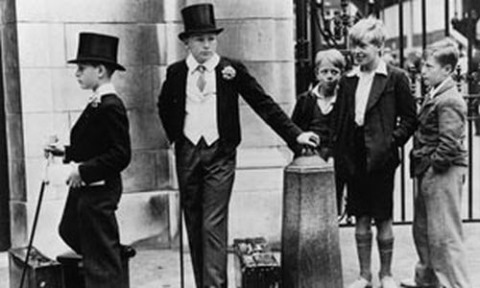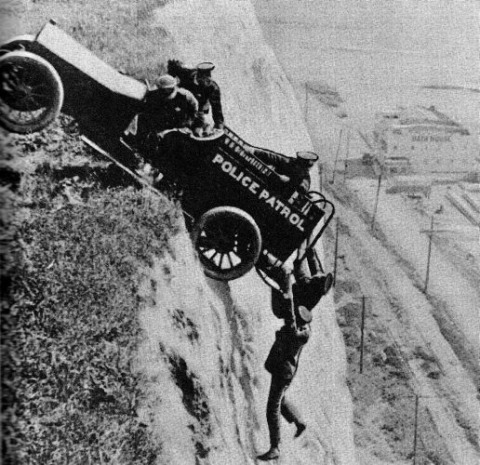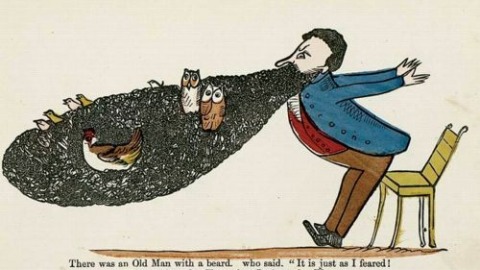Conversation took an interesting turn with a few lively political philosophy undergrads who liked, or thought they liked, self-government and free markets.
I suggested that institutions such as the republic and the free market can’t function properly without virtue.
They enthusiastically agreed.
I suggested that these institutions cannot provide themselves with virtue – it has to come from somewhere else.
Like schools? they asked.
No, I suggested, schools can’t compensate for disordered families. At best they reinforce the lessons of sound ones.




 “Who can give it any definition which would not leave the utmost latitude for evasion? I hold it to be impracticable; and from this I infer, that its security, whatever fine declarations may be inserted in any constitution respecting it, must altogether depend on public opinion, and on the general spirit of the people and of the government.”
“Who can give it any definition which would not leave the utmost latitude for evasion? I hold it to be impracticable; and from this I infer, that its security, whatever fine declarations may be inserted in any constitution respecting it, must altogether depend on public opinion, and on the general spirit of the people and of the government.”